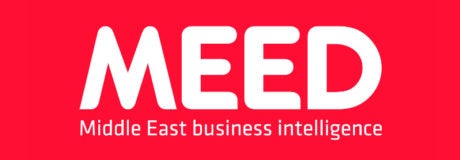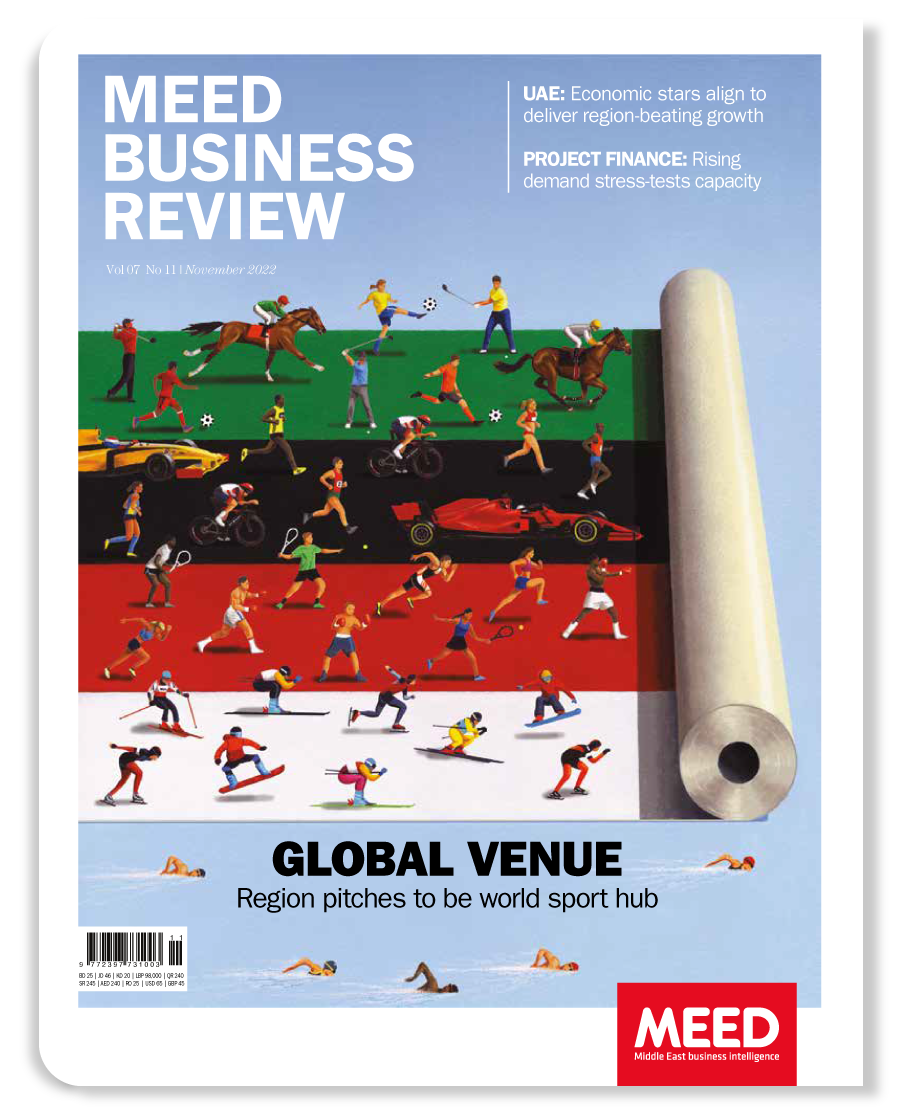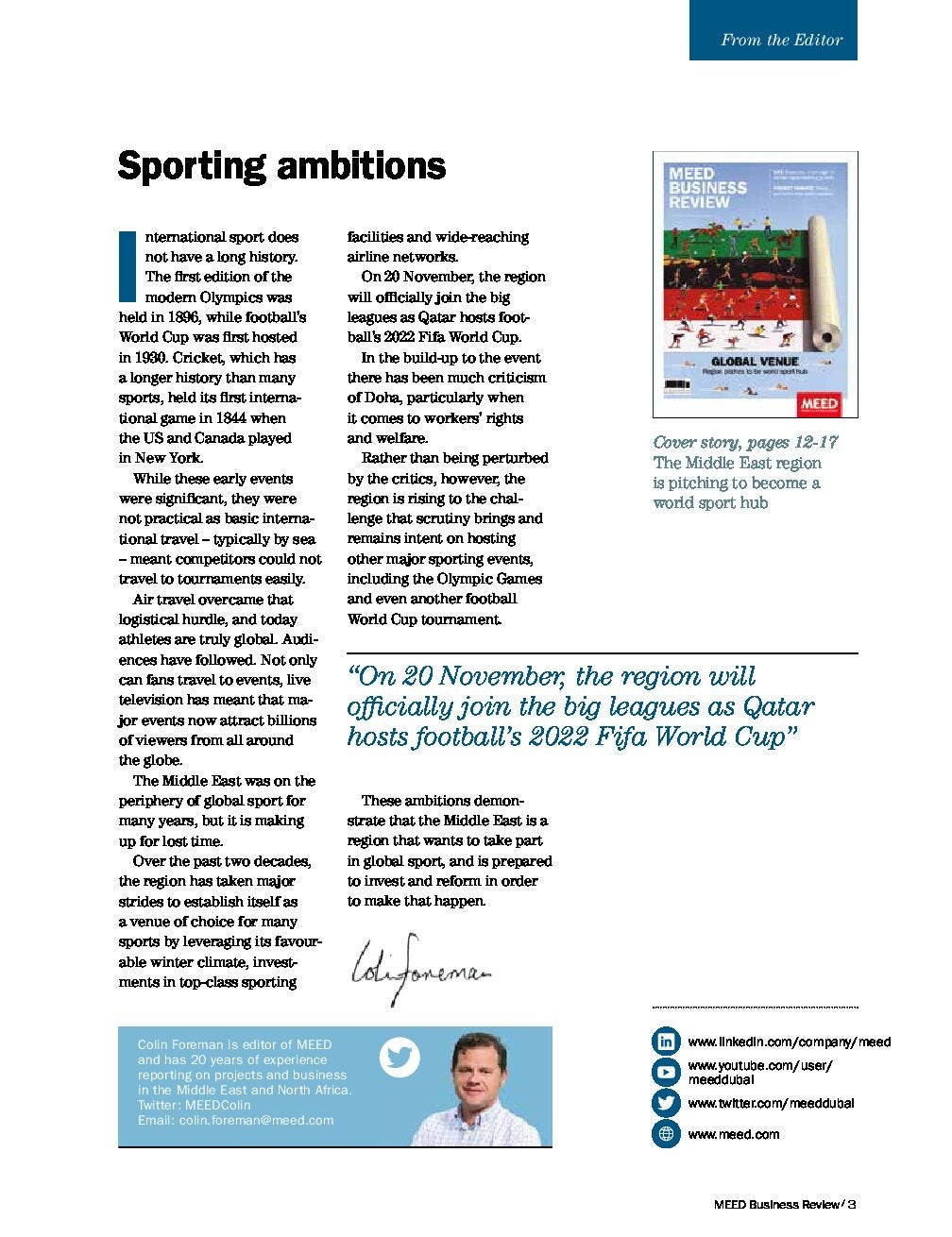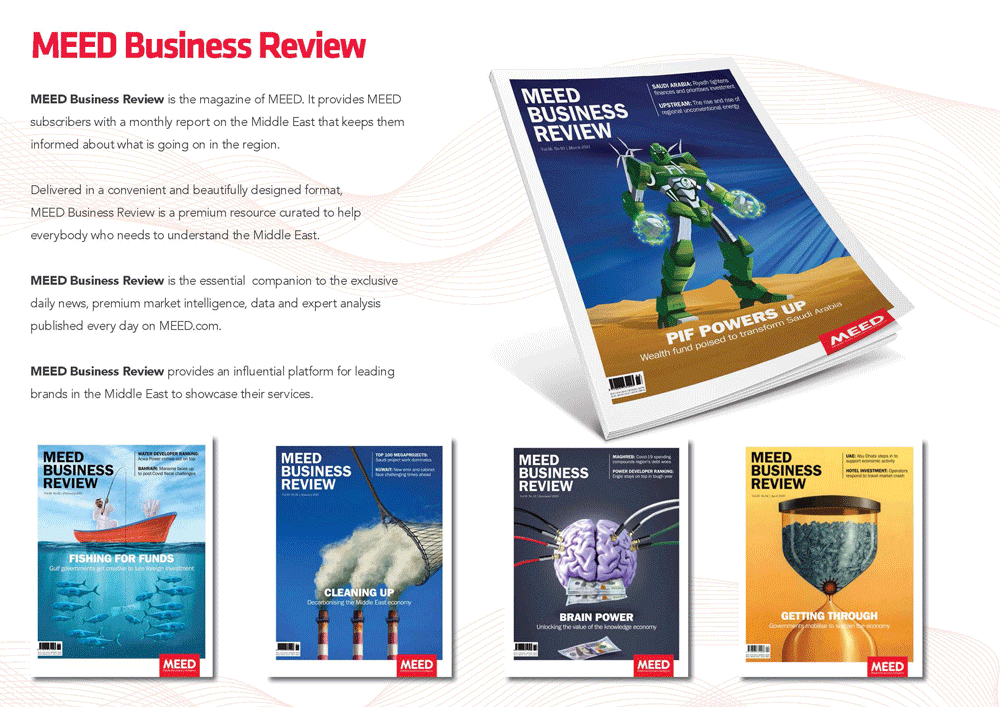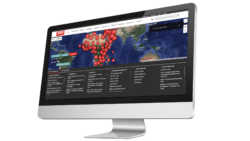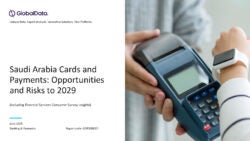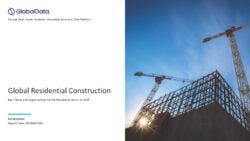Description
About this month’s cover stories:
On 20 November, football’s 2022 World Cup in Qatar kicks off. The month-long tournament is the world’s most-watched single event. Football’s governing body expects 5 billion people to tune into this year’s tournament, up from 3.57 billion for the 2018 edition, which Russia hosted.
The event will confirm the Middle East region’s position as a global sporting hub. Over the past two decades, billions of dollars have been spent on infrastructure for sporting events including athletics, golf, motorsports, boxing and martial arts, swimming, football, cricket and an old regional favourite, horse racing.
These events have boosted the economic visions of the region’s leaders by giving projects an international profile and, in the case of deadlines, a firm completion date. On the more societal level, they open up countries to tourism and allow nations to showcase their hospitality.
More is coming. In 2020, Doha and Riyadh were picked to host upcoming editions of the Asian Games in 2030 and 2034. More recently, the Trojena mountain resort in the northwest of Saudi Arabia was selected to host the 2029 Asian Winter Games.
Even bigger events could join the list. Egypt has confirmed it will bid to host the 2036 Olympic Games, and there are reports of a joint bid for football’s 2036 World Cup by Saudi Arabia, Egypt and Greece.
MEED’s November 2022 edition of MEED Business Review discusses the important role that sport plays in the region’s social and economic development, and the spending required to build new venues and sporting facilities.
November’s 19-page Market Focus on the UAE, meanwhile, finds the UAE working hard to maintain its economic winning streak and avoid the growing number of political and economic pitfalls in the world’s geopolitically fraught and recession-threatened business landscape.
This month, MEED also presents a special report on project finance and public-private partnerships (PPPs).
After a year of sluggish project spending in 2021, the Middle East and North Africa (Mena) region has witnessed an uptick in activity in the past year, driving renewed demand for project financing.
This comes as a boon for arrangers, yet is not without challenges.
We hope you enjoy the November 2022 edition of MEED Business Review.
Table of contents:
- UAE Market Focus: The UAE sidesteps the global economic crunch
- Agenda: The region will be thrust onto the global stage on 20 November when football’s 2022 World Cup kicks off in Qatar
- Business Outlook: Analysis of the outlook for the region’s major sectors
- Asian Games: Hosting the 2029 Asian Winter Games will allow Saudi Arabia to challenge perceptions
- Board Report: Opec+ to cut production from November; World leaders set to gather in Egypt for climate change summit; Riyadh boosts public spending
- Project finance and PPP report: Project finance activity tests regional capacity; PPP market cools, but stays strong
- Energy Transition: Balancing economics and sustainability
- Gulf Projects Index: Gas and rail schemes shift the index back to positive growth
- Egypt project pipeline: Egypt has about $519bn of projects planned or under way
- Contract awards: UAE marks biggest month in 2022
From the Editor:
International sport does not have a long history. The first edition of the modern Olympics was held in 1896, while football’s World Cup was first hosted in 1930. Cricket, which has a longer history than many sports, held its first international game in 1844 when the US and Canada played in New York.
While these early events were significant, they were not practical as basic international travel – typically by sea – meant competitors could not travel to tournaments easily.
Air travel overcame that logistical hurdle, and today athletes are truly global. Audiences have followed. Not only can fans travel to events, live television has meant that major events now attract billions of viewers from all around the globe.
The Middle East was on the periphery of global sport for many years, but it is making up for lost time.
Over the past two decades, the region has taken major strides to establish itself as a venue of choice for many sports by leveraging its favourable winter climate, investments in top-class sporting facilities and wide-reaching airline networks.
On 20 November, the region will officially join the big leagues as Qatar hosts football’s 2022 Fifa World Cup. In the build-up to the event there has been much criticism of Doha, particularly when it comes to workers’ rights and welfare.
Rather than being perturbed by the critics, however, the region is rising to the challenge that scrutiny brings and remains intent on hosting other major sporting events, including the Olympic Games and even another football World Cup tournament. These ambitions demonstrate that the Middle East is a region that wants to take part in global sport, and is prepared to invest and reform in order to make that happen.
Read more about this in our cover story of the November 2022 issue.
Colin Foreman is editor of MEED and has 20 years of experience reporting on projects and business in the Middle East and North Africa.
Editorial:
Editor – Colin Foreman
Features & Analysis Editor – John Bambridge
Energy & Technology Editor – Jennifer Aguinaldo
Oil & Gas Editor – Indrajit Sen
Oil & Gas Reporter – Wil Crisp
Commercial Content Editor – Mehak Srivastava
Commercial Content Editor – Sarah Rizvi
Tenders Writer – Jane Bishop
Head of Production – Marianne Makdisi
Sub Editor – Sneha Abraham
Graphic Designer – Rey Delante
